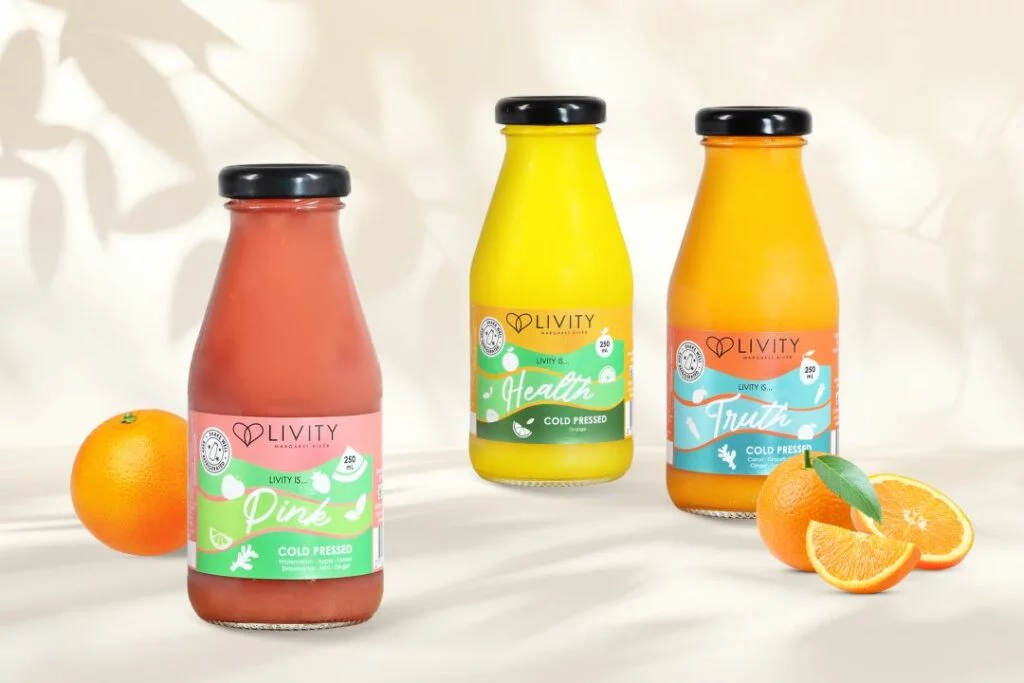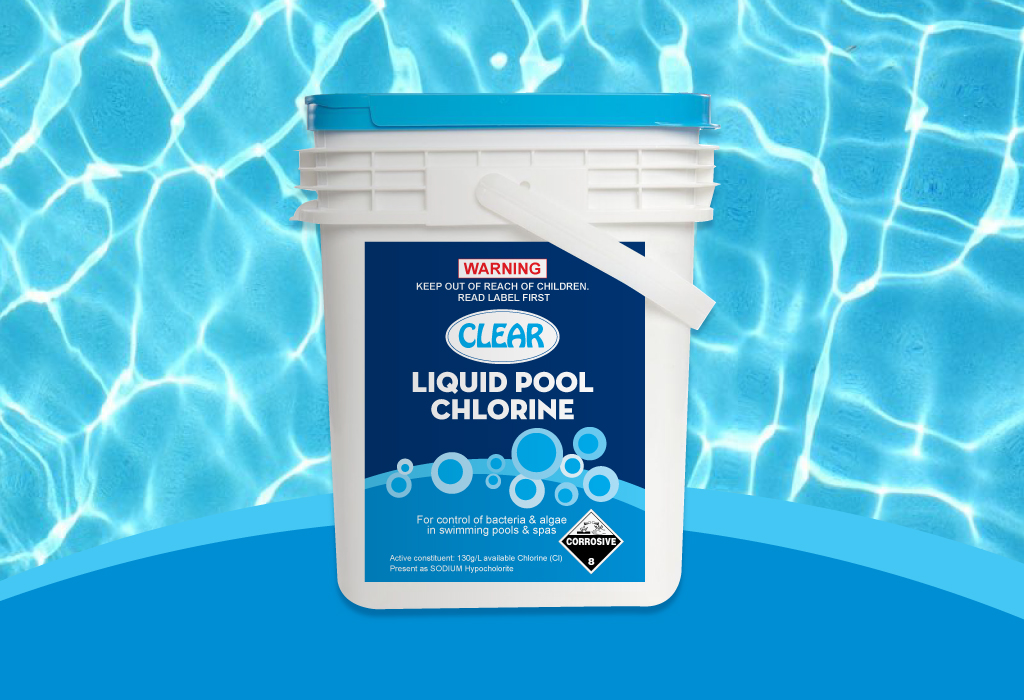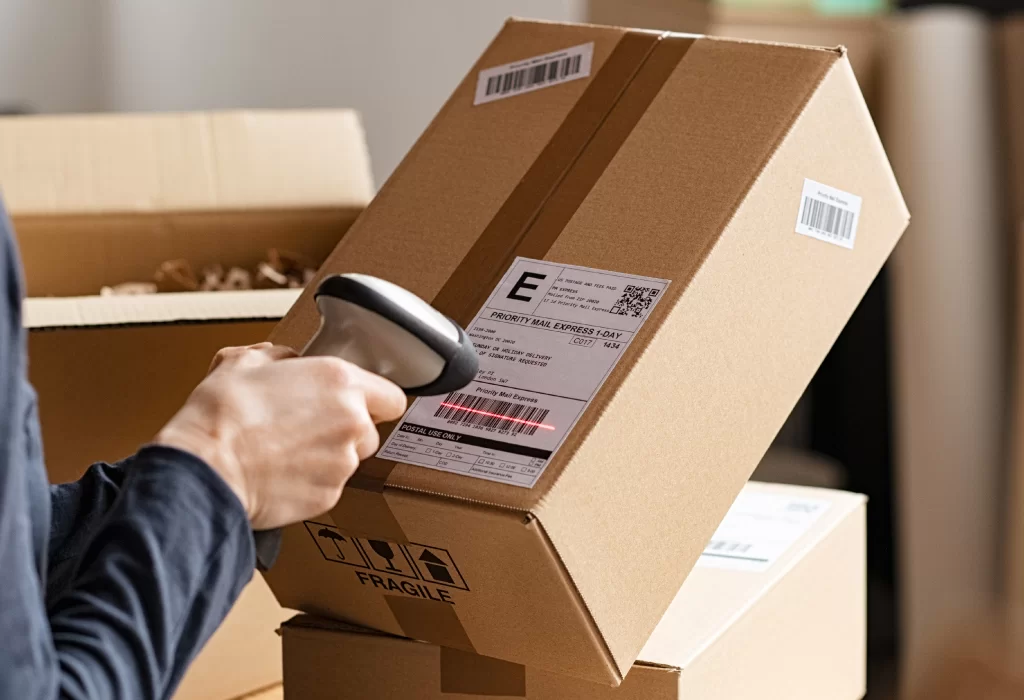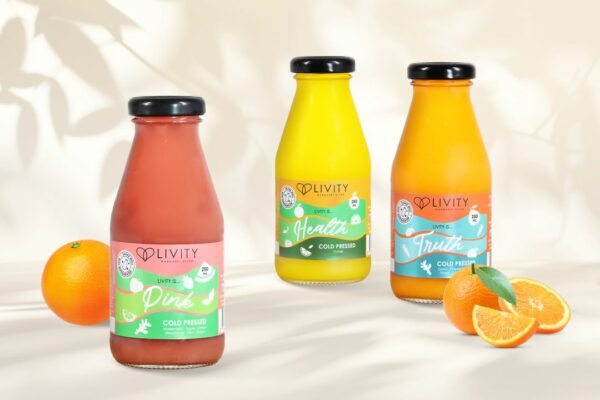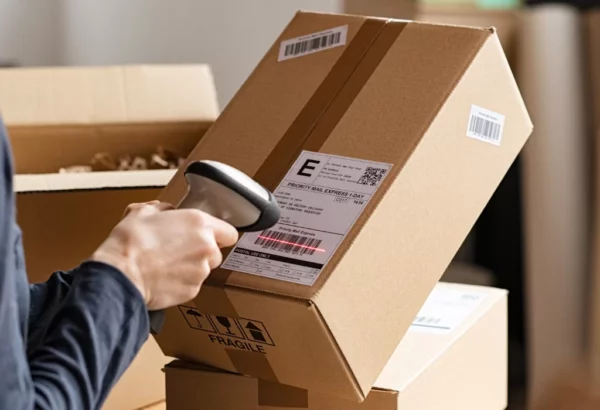I. What’s A Medical Label?
1. Definition of Medical Labels
Medical labels are crucial in Australia’s healthcare, providing important information like dosages, batch numbers, and expiration dates for medications and devices. Being used from medical equipment to patient wristbands, they ensure patient safety and compliance with Therapeutic Goods Administration (TGA) standards.
Some labels come with advanced features, like smart labels that track products or monitor the temperature of sensitive items like vaccines. Labels with anti-counterfeiting features, such as holograms, also protect product authenticity. Whether it’s a prescription bottle, a syringe, or an infusion bag, these labels are designed to be durable, clear, and reliable under tough conditions like sterilisation or cold storage.
2. Why Are Medical Labels So Important?
Clarity for Safe Use
Medical labels ensure that the correct information – such as dosage, usage instructions, and expiration dates – is clear and easy to read. This helps prevent medication errors and keeps patients safe. Labels with detachable sections for records or multiple layers for long instructions are especially useful in busy healthcare environments.
Compliance with Regulations
In Australia, medical labels must comply with strict Therapeutic Goods Administration (TGA) standards. Partnering with a label manufacturer that understands these regulations, ensures your products meet all requirements, minimising the risk of fines, recalls, and safeguarding your reputation.
Tracking and Efficiency
A good medical label does more than just provide information. With barcodes or RFID technology, they help track inventory, prevent counterfeiting, and monitor storage conditions.
3. What About The Future?
Moving into the future, the development of medical labels continues to improve with advanced technology like smart labels. This is in part thanks to organisations like the Therapeutic Goods Administration and the Australian Commission on Safety And Quality in Healthcare. Their efforts help medical labels become more effective for tracking, product safety, and patient care. As regulations evolve, we can expect even smarter, more reliable medical labels that support better healthcare outcomes across Australia.
II. What Are Some Common Types Of Medical Labels?
1. Self-adhesive Patient ID labels
Self-adhesive patient ID labels are one of the most commonly used types of medical labels in healthcare. Their sticky backing makes them easy to apply to surfaces like patient files, medications, and personal items without the need for extra glue. They’re often provided as A4 laser sheets, which means healthcare providers can print or write patient details directly onto them.
Built for durability, self-adhesive labels remain clear and intact even with frequent use. This helps healthcare professionals keep track of important patient information, reducing errors and improving efficiency in day-to-day operations.

2. Sample Vial Labels (Specimen Labels)
Sample Vial Labels (Specimen Labels) are crucial in the identification and tracking of biological samples, such as blood, urine, or tissue, collected for diagnostic testing. These labels contain essential details including the patient’s name, date of birth, medical record number, and type of specimen. Accurate labelling of specimens is critical in laboratory settings to prevent sample mix-ups or contamination, ensuring that the right tests are conducted on the correct patient’s sample.
Specimen labels are mostly used in hospitals, pathology labs, and research facilities where specimens are collected for diagnostic, clinical, or research purposes. The role of specimen labels becomes even more important during large-scale testing operations, such as in clinical trials or pandemic response efforts, like the Coronavirus pandemic. By ensuring traceability and accurate identification, specimen labels contribute to the integrity of the testing process and the reliability of the results, which are essential for guiding patient care and treatment decisions.
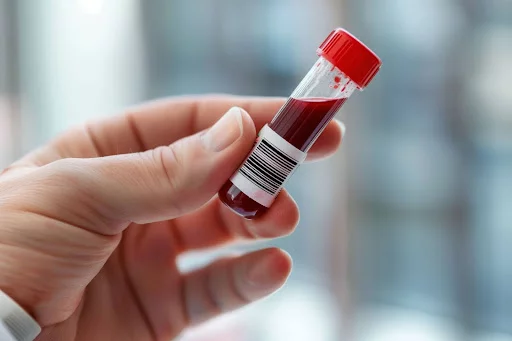
3. Instruction Labels
Instruction labels on medical products play a crucial role in healthcare by providing clear, easy-to-follow guidelines for safe and effective use. Regulated by the Therapeutic Goods Administration (TGA) under the Therapeutic Goods Act 1989, these labels ensure that healthcare professionals and patients have essential information, such as “Take with water,” “Avoid alcohol,” or “Store in the fridge.” For healthcare providers, these labels are essential for accurate patient care and safety. In a high-stakes environment like healthcare, the accuracy of these labels plays a vital role in avoiding costly mistakes, improving patient outcomes, and maintaining regulatory compliance.
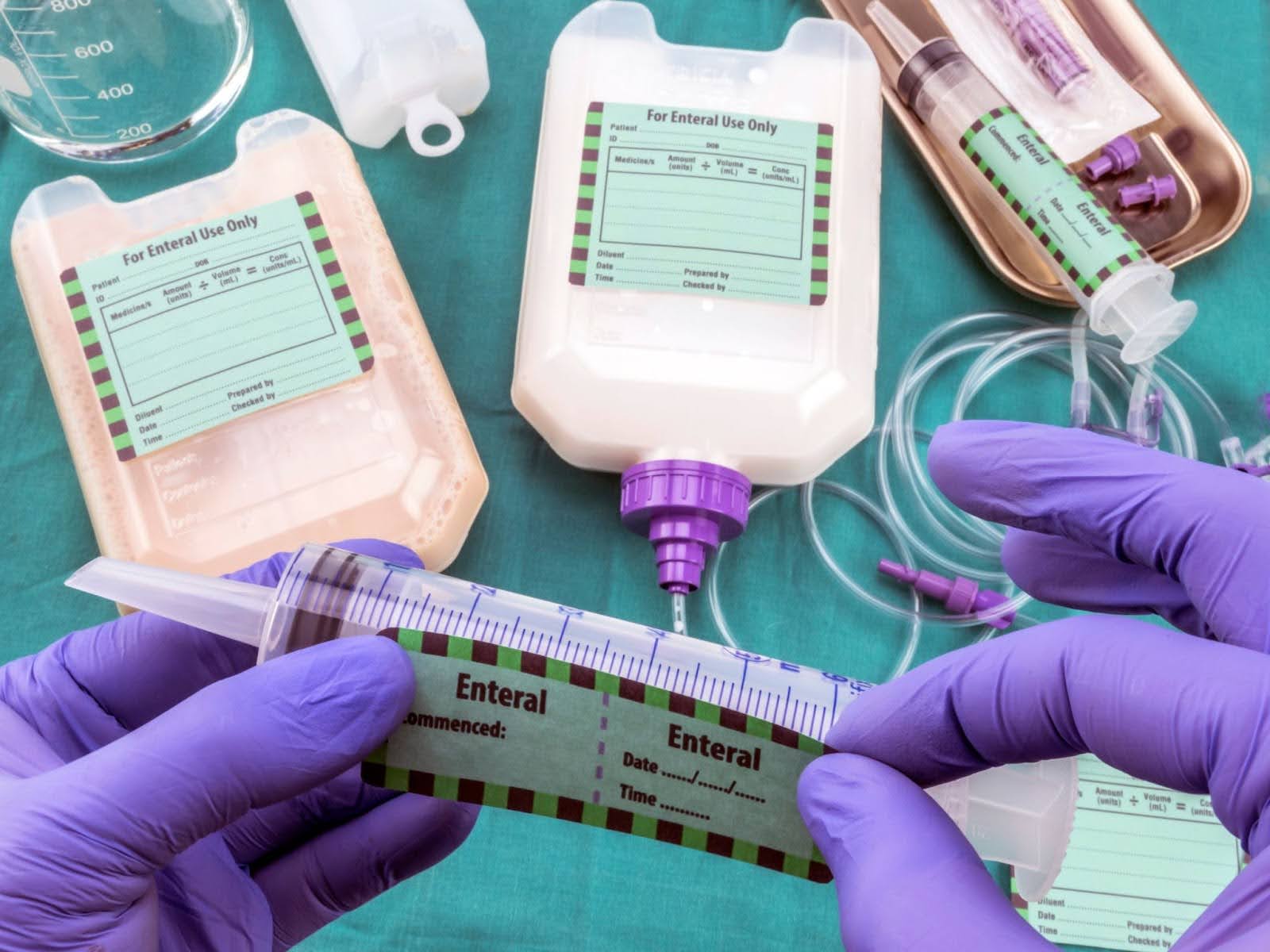
III. Elevate Your Patient Care With QLM Group
A key feature of QLM Group’s medical labels is the LVS® Barcode Verifier, which performs real-time barcode checks on every label. This advanced system ensures that any issues with print quality, scan reliability, or potential duplication are detected before shipping. This ensures the highest standards of precision and trust in every label.
Ensure the highest level of patient safety and care with QLM Group’s comprehensive range of healthcare labels. Here are our specialised pharmaceutical solutions, including:
- Sample Vial labels
- Self-adhesive labels
- Medical Labels
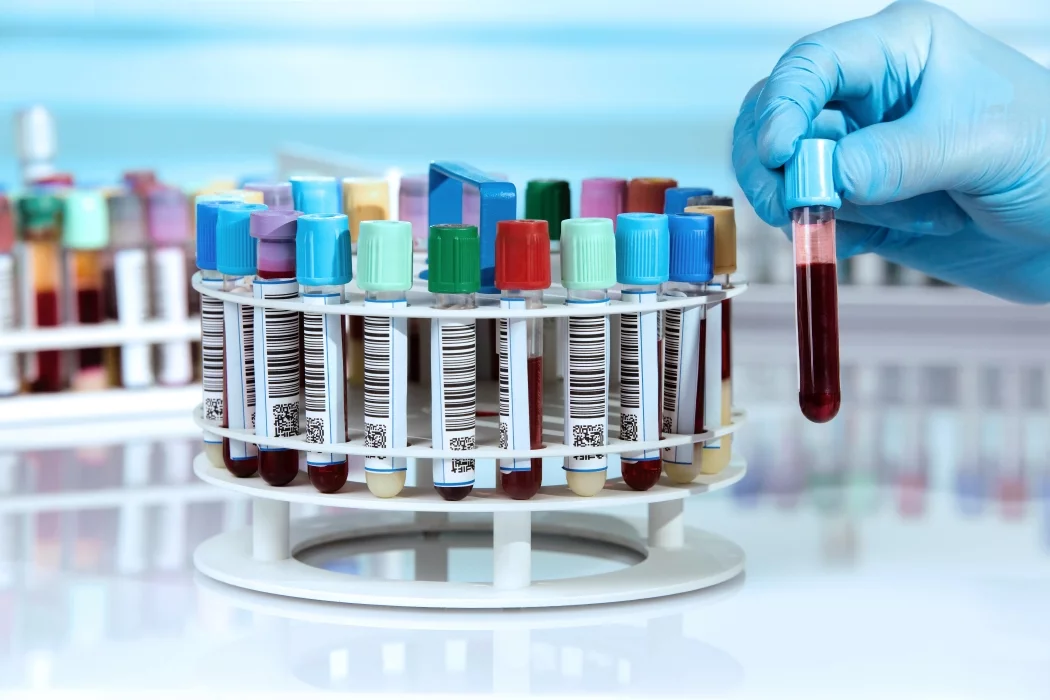
QLM Group is committed to supporting the unique needs of the healthcare sector in Australia. Whether you require hospital labels for daily use, PCR labels for testing, or clinical trial labels for research, our products are designed to provide accuracy, durability, and peace of mind. Contact QLM Group today and discover how we can enhance your facility’s labelling needs with tailored, high-quality solutions.






